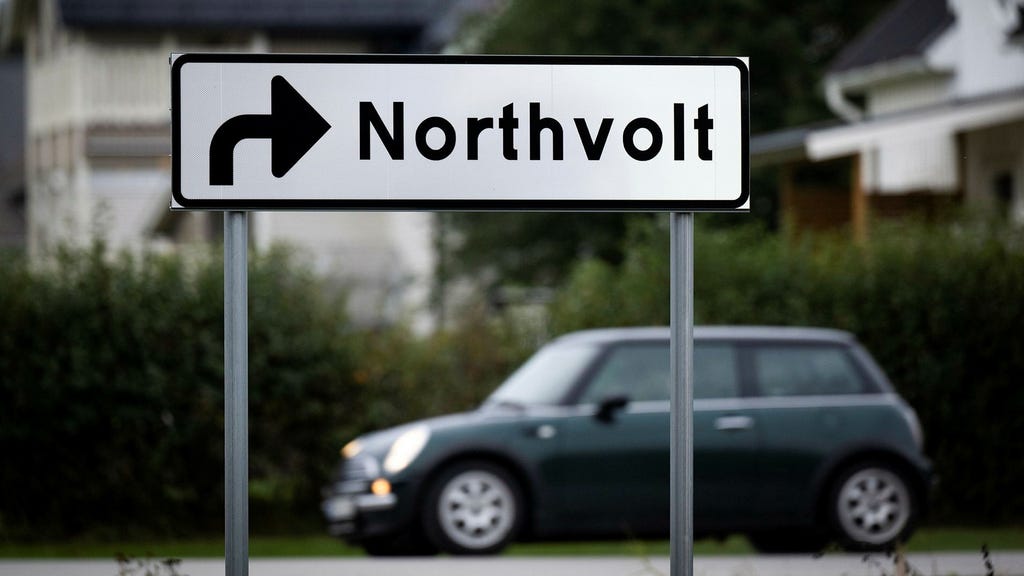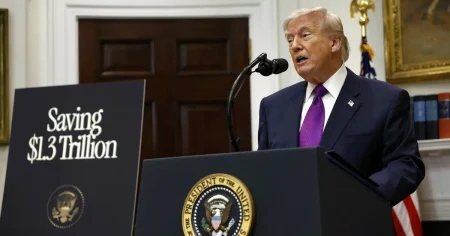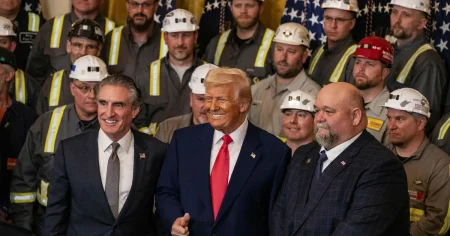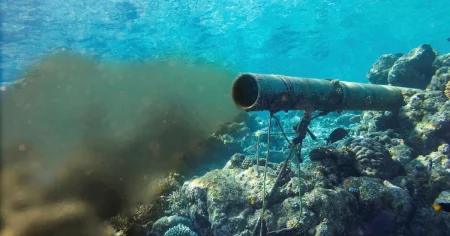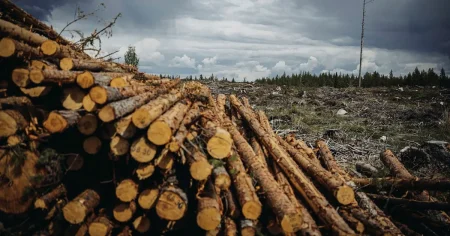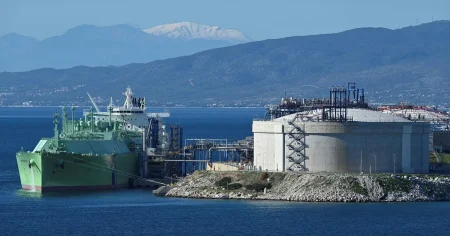The transition to a fossil-free economy has encountered significant headwinds, marked by setbacks such as Northvolt’s potential restructuring, delayed investment plans in green processes by companies like LKAB, and postponed product development for reduced carbon footprints by companies like Volvo Cars. This slowdown is further compounded by waning political will in various countries to reinforce the green transition, a trend likely to intensify with the return of Donald Trump to the White House. These challenges reflect a confluence of interconnected crises impacting the green transition: internal management and competency issues, external economic downturns, and evolving industrial and geopolitical considerations. Northvolt’s current predicament serves as a case study illustrating the interplay of these factors.
Northvolt’s internal struggles with production and scaling up operations are surprising, considering the established nature of battery manufacturing, albeit a complex process. The reasons behind these internal problems remain speculative, especially given the presence of experienced industry figures on the company’s board. Perhaps a different ownership structure could have stemmed the financial losses earlier. Simultaneously, the broader economic context has significantly influenced investor interest and the demand for electric vehicles, a key market for battery producers. The global economic slowdown triggered by unforeseen events like the COVID-19 pandemic and the war in Ukraine led to high inflation and reduced purchasing power, disproportionately impacting the demand for higher-priced electric vehicles. Northvolt is not alone in facing these challenges; they are common among emerging battery manufacturers across Europe.
Looking ahead, economic recovery and renewed demand for electrified processes and products are anticipated. However, sustained political commitment is crucial for this resurgence. Continued implementation of policies that hold greenhouse gas emitters fully accountable for their societal costs is essential. Furthermore, promoting innovation and technology-neutral development will facilitate the transition to a fossil-free society. However, these efforts are complicated by the increasing complexity of the geopolitical landscape. Long-term and substantial subsidies from economically powerful and authoritarian states like China present new challenges for the EU and other market-based economies. Navigating this complex terrain requires careful consideration of short-term benefits versus long-term risks.
Chinese subsidies can initially lead to lower import prices for products like electric vehicles and batteries, seemingly accelerating the green transition. However, in the long run, such market dominance can have detrimental consequences, including the displacement of domestic industries, increased unemployment, higher prices, and reduced consumer benefits. Crucially, the West risks strategic vulnerability and dependence on an authoritarian state for its green transition. This potential dependence raises critical questions about acceptable levels of risk. Existing models are ill-equipped to address sustained and extensive industrial subsidies from competing nations. Anti-dumping tariffs offer a potential solution, but the process is time-consuming, complex, and subject to political maneuvering within the EU, requiring a supermajority of member states representing a significant portion of the EU population to approve such measures.
Implementing anti-dumping tariffs is a risky strategy, particularly for smaller countries that benefit significantly from free trade and open markets, making them more vulnerable to the negative impacts of protectionism and escalating trade wars. Donald Trump’s threatened 60% tariffs on Chinese goods could redirect Chinese exports toward the EU, potentially triggering demands for countermeasures from threatened industries and countries, risking internal divisions within the EU. This raises the question of appropriate responses to prolonged price dumping. Should temporary support for affected industries be permissible until anti-dumping tariffs are enacted? Wealthy EU nations already utilize extensive subsidies, raising questions about the fairness of requiring broad support for anti-dumping measures when industry specializations vary significantly across member states, and when a minority of countries can block such measures. Streamlining this process is critical, though recent EU mechanisms for addressing subsidized exports and trade restrictions are a positive step, requiring further development.
The current discourse often focuses on right or wrong approaches in the transition to a fossil-free economy. However, in a period demanding rapid and dramatic change based on new technologies, failures are inevitable. A more productive approach involves learning from past experiences and developing strategies that ensure a level playing field for competition. Significant uncertainties necessitate stable and predictable long-term policies to encourage private sector investment in green technologies. This, in turn, requires cohesive and well-considered policies at the EU level. Legitimate demands for fair competition must not be misused for protectionist purposes. The path forward requires a nuanced understanding of global market dynamics, a commitment to fostering innovation, and a willingness to adapt strategies in the face of evolving challenges.





